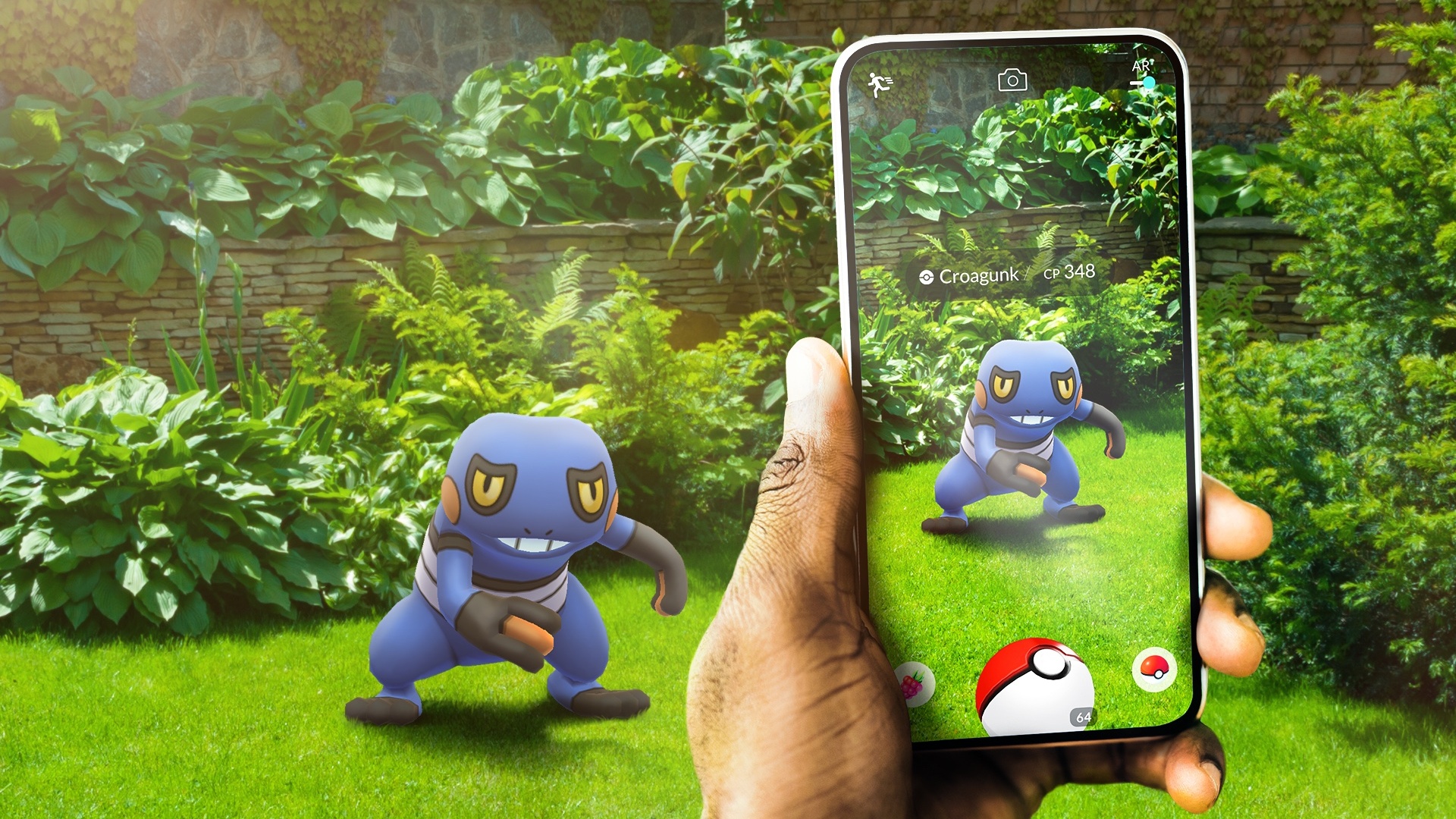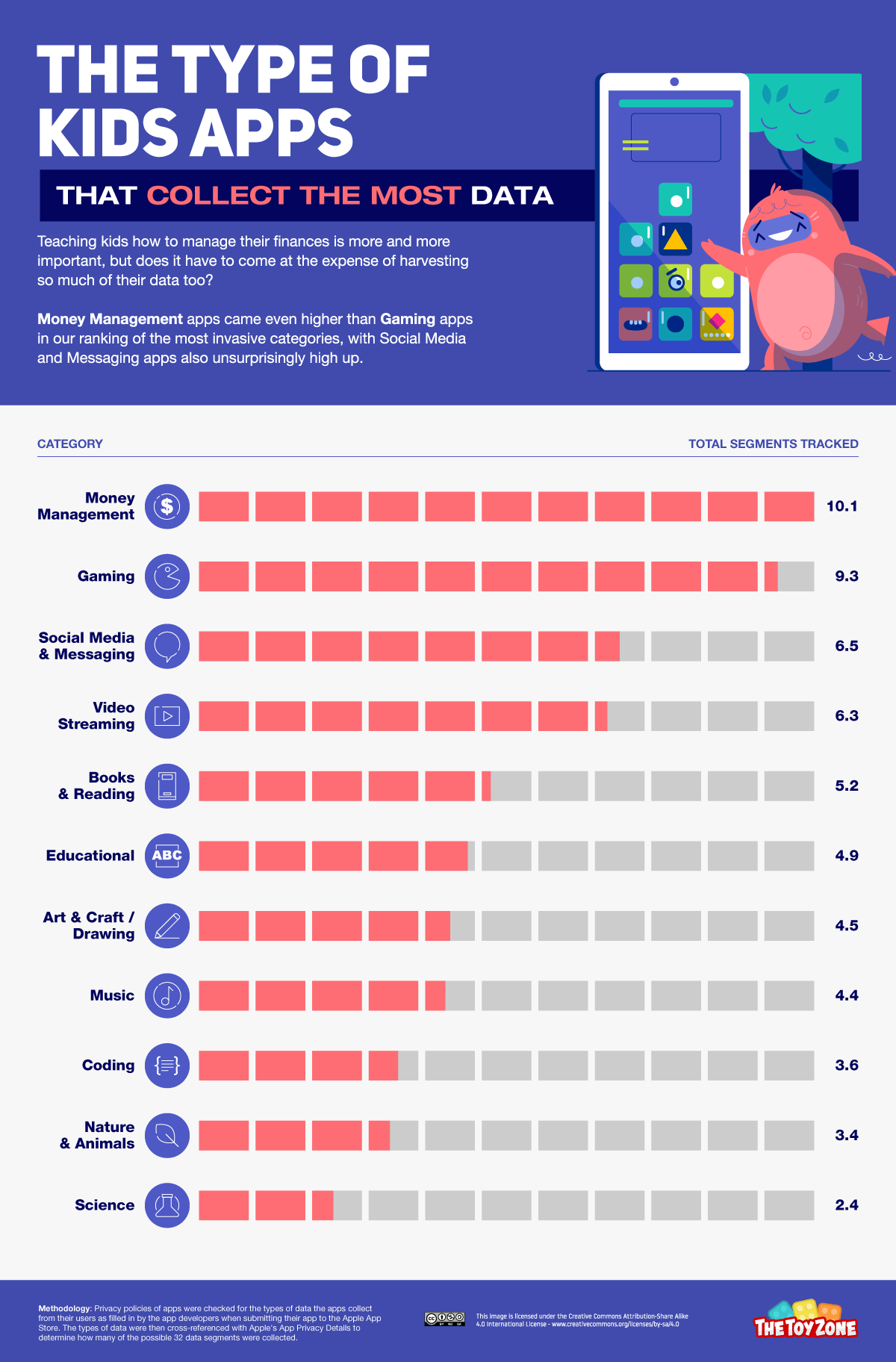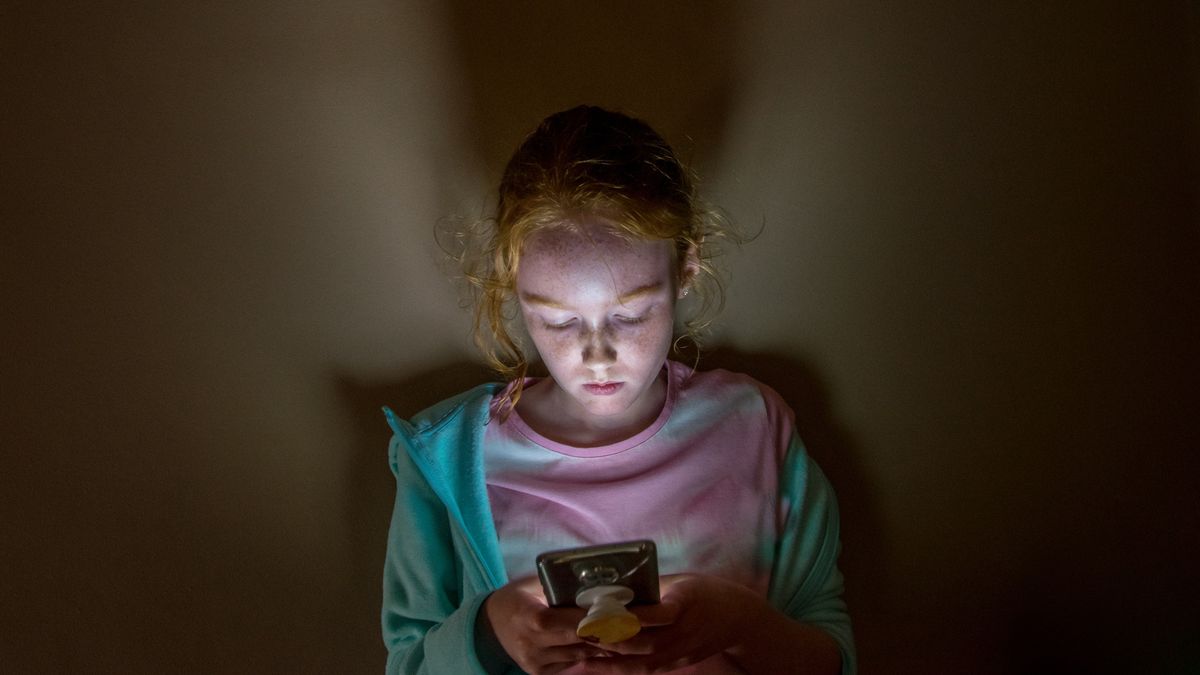Parents may assume that apps for younger audiences are innocuous, simply fulfilling their children’s entertainment or educational needs, but ToyZone conducted a new study that discovered many platforms exploit kids by tracking their online footprints and selling their sensitive data.
ToyZone examined 107 apps during the investigation; only 16% collected zero data. To put that into perspective, only 17 out of 107 kid-targeted apps did not harvest personal information from their users. Yikes!
The most data-hungry, kid-targeted app is …
ToyZone classified tracked data into 14 categories: Contact Info, Health and Fitness, Financial Info, Location, Sensitive Info, Contacts, User Content, Browsing History, Search History, Identifiers, Purchases, Usage Data and Diagnostics.
Investigators discovered that Greenlight, a teen-targeted, money management app, is the most data-hungry app, harvesting a multitude of data types from users (i.e. kids’ financial information, location, search history and more).
“Teaching kids how to manage their finances is more and more important, but does it have t come at the expense of harvesting so much of their data, too?” ToyZone asks.
Pokémon Go is the second-most data-hungry, kid-focused app, snatching sensitive details from users such as contact information, location, purchases, search history and a slew of other data types. (It’s worth noting that PBS Kids Games and Townscraper are the least data-hungry.)

The Messenger Kids app, a platform pushed by Meta, is another data-sucking trap for kids. ToyZone researchers discovered that Messenger Kids also tracked a variety of data types from users, earning it a third-place position.
Interestingly, the Toy Zone study pointed out that although Greenlight is the most data-hungry, kid-targeted app, it claims not to monetize nor sell users’ data. However, last year, Vice called Greenlight out for a stipulation in its privacy agreement that says it has a right to share personal information with “ad and marketing vendors” and other third parties. Greenlight has since removed this clause from its policy.
ToyZone also examined 11 app categories: Books and Reading, Educational, Arts and Crafts/Drawing, Music, Gaming, Money Management, Social Media and Messaging, Coding, Science, Nature and Animals, and Video Streaming.

Money Management, Gaming and Social Media were the most data-hungry app categories. Interestingly, Science was the least data-hungry app category.
The ToyZone study breaks down which platforms guzzle the most data from your kids in each app category. To highlight some eye-catching discoveries, YouTube Kids and Disney Now are the most thirsty for your kids’ data in the Video Streaming category. Animal Jam and Roblox follow Pokémon Go as the most data-hungry apps under Gaming.
At this point, you may be wondering, “How can I protect my kids from these exploitative apps?” ToyZone has an answer.
How to protect your kids from data-hungry apps
In regards to insulating one’s kids from data-hungry entities, ToyZone makes the following suggestions:
- Download parental-control software to keep tabs on your children’s activities
- Implement strict privacy settings on websites, browsers and apps
- Only download apps from reputable stores with their own policies that protect young users (but keep in mind that these protocols are often flawed and bypassed)
ToyZone recommends that parents remain viligant of the apps their kids are using. It’s also important to ensure children are aware of the perils of data-tracking software.
“It is of prime importance to maintain a healthy, open dialogue with children about their personal privacy (what they say and do online) and their consumer privacy (the data they grant to software companies),” ToyZone concluded.








